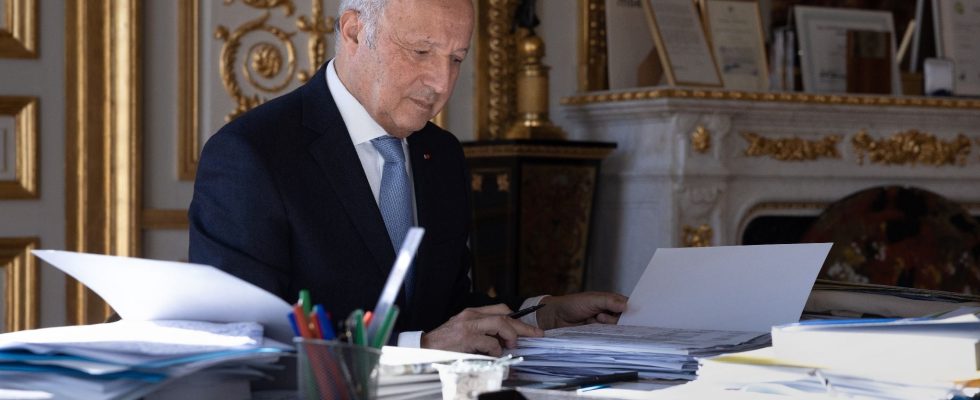The law, nothing but the law. The Constitution, nothing but the Constitution. With its decision concerning the “law to control immigration, improve integration”, the Constitutional Council has only fulfilled the mission entrusted to it. And no one can blame him for it unless they call into question the rules of democracy. But by censoring more than a third of the text on purely formal grounds, it exposes itself to criticism from right-wing political leaders, but also, and perhaps even more so, to the incomprehension of a public opinion that has little familiar with the notion of “legislative rider”. Indeed, only a few articles (establishment of quotas by the National Assembly, fingerprinting, etc.) were the subject of censorship after an examination of the basic constitutional principles (separation of powers in one case, law of defense in the other). For the rest, i.e. 32 articles out of the 86 included in the text adopted by Parliament, the Council applied the rule of the “legislative rider”.
However, this notion, provided for in article 45 of the Constitution, is extremely precise and unknown to most French people. It is not simply a question, as is commonly said, of prohibiting “provisions which have no connection with the bill”. Nor to see if the different devices correspond to the general title of the law. But it is important to evaluate, article by article, whether the provisions added during the debate in Parliament have “a link, even indirect, with the text tabled or transmitted”. And that makes all the difference, the devil is truly in the details here. For example, making social assistance conditional on a length of presence in the territory is, in the eyes of some, likely to better “control immigration” and is therefore consistent with the title of the law. The Constitutional Council censored it as cavalier because this theme did not appear, in one form or another, in the initial government text. The same reasoning prevailed for questions of granting or forfeiture of nationality, for the establishment of an offense of illegal residence, for the conditionality of student residence permits or restrictions on family reunification… All these measures did not appear in the text presented to Parliament by the government and will therefore not be implemented.
“We must change the jurisprudence on riders”
If at the Constitutional Council, we shelter behind constant case law on the subject to rule out any political reading of its decision, as soon as it is known, the debate took a polemical turn. In particular, because most of these measures came from LR deputies and they were the most symbolic if not the most effective. After having promised a lot for months to a public opinion very demanding of strong gestures, everyone knows that the decision of the Constitutional Council obliges them to explain why these declarations will not lead to anything concrete. By wanting to play one-upmanship too much, they end up naked.
Nothing prevents, of course, right-wing parliamentarians from representing all or part of these provisions tomorrow in an ad hoc text since they have not been deemed unconstitutional in substance. As early as Thursday, January 25 in the evening, LR leaders spoke of the tabling of a bill at their initiative. But succeeding in getting it voted on under this mandate is a challenge, the executive having no desire to see its relative majority torn apart again on the subject for months. Others, notably on the far right, pleaded for a very improbable reform of the Constitution aimed at limiting the prerogatives of the Sages of the rue de Montpensier. Some, finally, defended a middle position, involving a change in the Council’s position: “We must change the case law on riders. Since the Council must not interfere in legislative choices, it must understand that this was only valid when a law emanated from the government, but is not adapted to the context of a relative majority which requires compromises in Parliament,” a right-wing figure argued on Thursday. Not sure that this is enough to convince public opinion when it is already struggling to follow the winding road of immigration legislation between political coup and legal subtlety.
.
